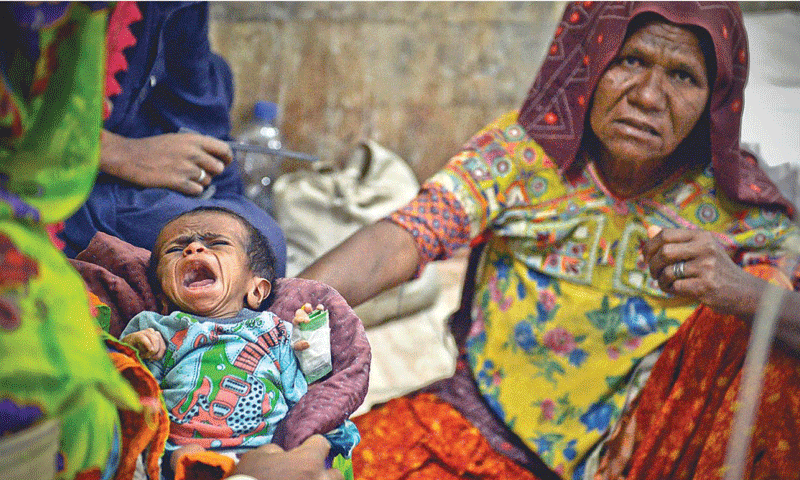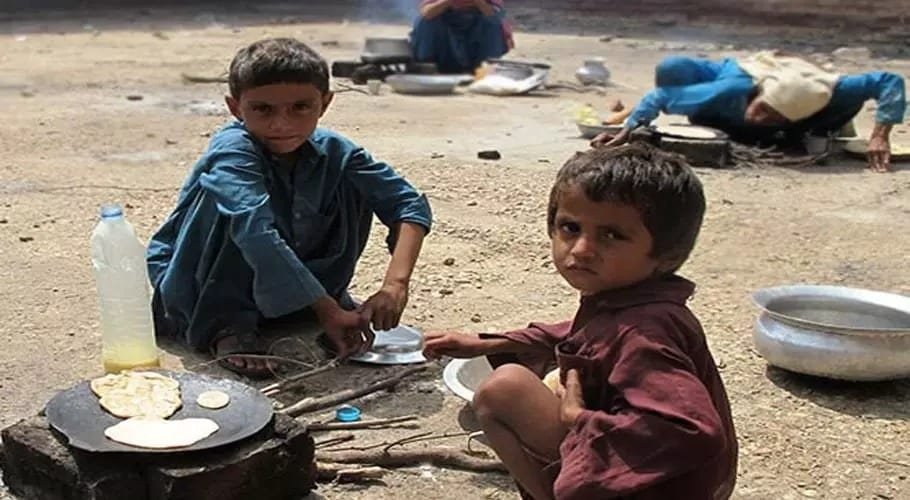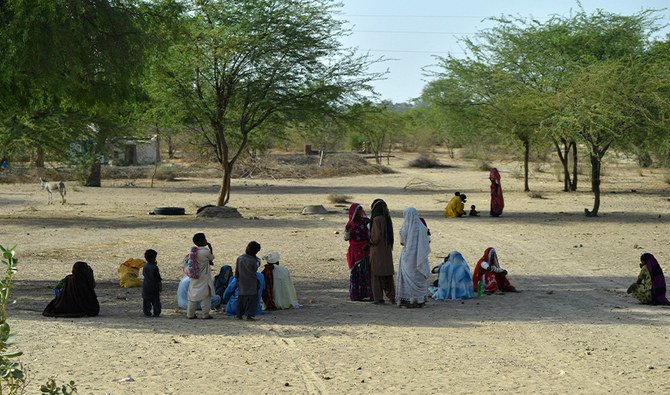Healthcare Programs
Access To Health Services
Under this program, STP International will establish mobile health clinics that address two significant challenges villages face: the shortage of trained specialists and the need to improve access to safe, effective, and culturally sound health care for women and children. Mobile clinics can effectively deliver medical care to hard-to-reach populations. They are flexible; personnel and services can be adapted to a patient’s geographic location, culture, language, gender, and services to promote patient-centred care.



Most of the target population lives in remote areas. These areas are not on a power grid and have no public works such as sanitation. Roads are unpaved, and some areas are inaccessible. The nearest health service is usually 50km away. For people living in these areas, transportation consists mainly of walking or riding donkeys; the trip to the nearest health facility can easily take more than four hours. The mobile clinic will be organized as a free daylong event and will occur every three months. The clinic will take place in a local mosque and be set up to protect patient privacy. It will be supervised by three to four volunteer staff – two doctors, a social worker, and a non-clinician pharmacist to dispense medications prescribed by the physicians.
Most of the target population lives in remote areas. These areas are not on a power grid and have no public works such as sanitation. Roads are unpaved, and some areas are inaccessible. The nearest health service is usually 50km away. For people living in these areas, transportation consists mainly of walking or riding donkeys; the trip to the nearest health facility can easily take more than four hours. The mobile clinic will be organized as a free daylong event and will occur every three months. The clinic will take place in a local mosque and be set up to protect patient privacy. It will be supervised by three to four volunteer staff – two doctors, a social worker, and a non-clinician pharmacist to dispense medications prescribed by the physicians.


